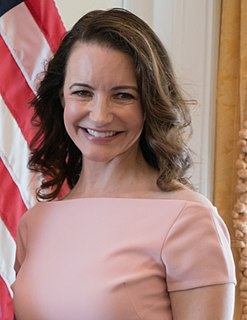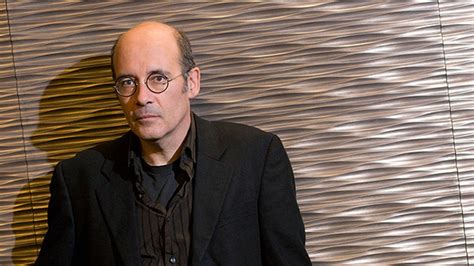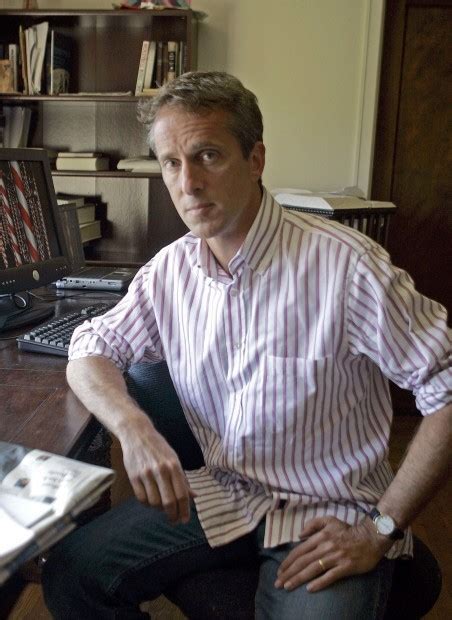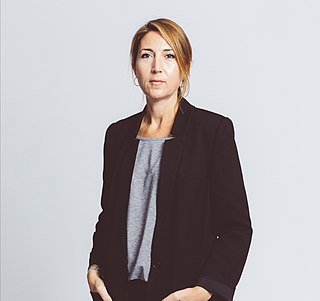A Quote by Karin Slaughter
The familiar trope of the woman in peril doesn't really interest me.
Related Quotes
I think we need to have stories about women that don't necessarily fit the trope of the classic woman, because they do exist. We have to show real life on TV and film. And we don't. We only see maybe 5 percent of what real people are really like. I mean, movies set in Los Angeles that don't have any minorities in them - how does that happen?
Self-reinvention is an essential trope of the American project, closely linked to another such trope: going on the lam. Both are regularly featured in movies and novels and suchlike. Criminals and persons loitering with and without intent hold a crucial place in the culture. For obvious reasons, the culture cannot endorse this behavior, even as it is in thrall to it.
What I wanted to do was put a woman of color, front and center, in my movie combining a lot of themes that were relevant to both men and women. I actively wanted her to carry the weight of this movie because I'm a woman. And I actively wanted to explore many of the issues that affected her as a woman of color. That was very important to me. And although these issues affect some women of color, I don't think they're only of interest to women of color. They're of universal interest.
I see parallels between Karachi and the cities that I was familiar with: a very different place, but in terms of its human stories not really very different at all. That was what excited me about the place - that it was so complex, as difficult to me as an outsider and yet so human in a way that was ultimately very familiar.





































